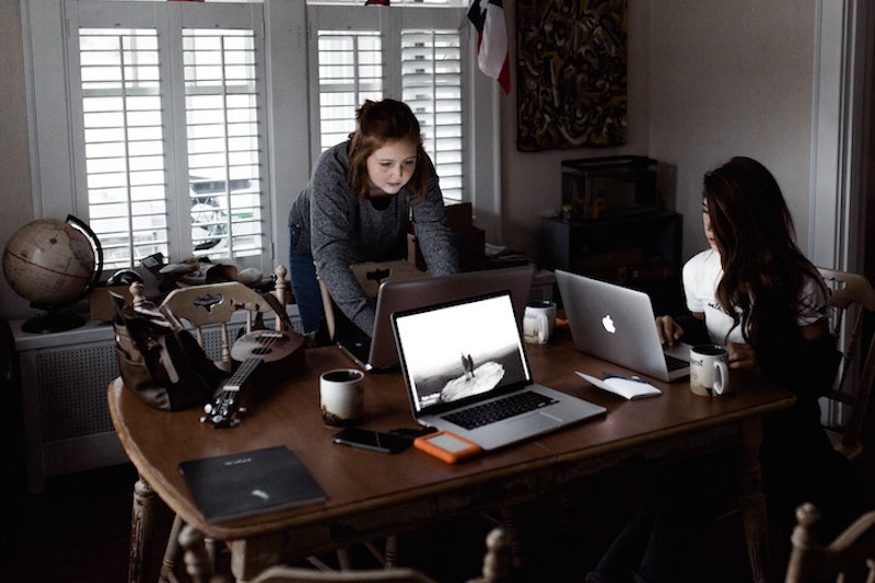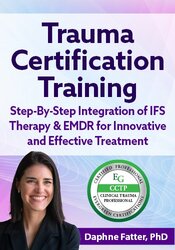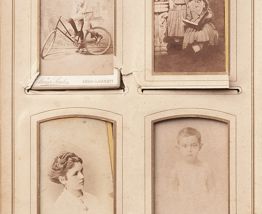Enrol in an online course today for flexible, self-paced learning—no fixed schedule required. Plus, enjoy lifetime access to course materials for convenient revisiting.
Family Life During the Pandemic (5/5): Looking Beyond Lockdown

Pressure can bring out the worst in people and a veneer of civilised control may collapse under the prolonged stress of what we are all going through at the moment. In fact, of course, we are not all going through the same thing: living with an abusive partner for example, under cramped conditions, with poor physical and mental health and with low levels of resilience poses a challenge that not everybody has to face. We are not ‘all in the same boat’: we are in the same storm, but we are in very different boats.
What we can observe all around, though, is the sheer indomitability of the human spirit. There has been a surge of ingenious solutions to the challenges of being cut off from each other and of being locked into forced togetherness. Families have developed new ways of being together and contact with absent members has often been upheld using audio and video technology in an unprecedented and creative way.
When we are facing a crisis, we need to activate attachments. Families – both biological families and family-like friendship groups – have started linking up with each other and looking out for each other. We may not be together, but we have a clearer internal map of who is there around us and who matters.
It seems to me that it is the sense of internal reciprocal attachments that makes a difference between people coping better or worse with the pandemic induced conditions. That goes for those who are on their own and whose ability to ‘play’ on their own depends on their sense of being safe in the knowledge that significant others may not be present but have not disappeared. It also goes for those who are in enforced togetherness but are still able to maintain a sense of being separate. Attachment theory has a lot to say about this.
But if coping with lockdown poses challenges, coming out of it will not be easy either. I have noticed that clients are already beginning to feel unsettled about how to cope with this next inevitable transition. Once the currently tight contact boundaries around the family/household are relaxed, certain differences within the family will become more visible, and with this arises the potential for further conflict. Some family members may feel a sense of loss when leaving behind the intimacy and togetherness of lockdown, whereas others will feel a great sense of relief at the prospect of being allowed contact again with the world outside of the family.
There will also be differences in risk assessment between different family members, with some taking longer than others to feel safe again outside of their home in the presence of others.
Lockdown has, to an extent, infantilised us all, offering us a black and white version of the outside world versus the family unit. The moment restrictions are relaxed, we will again need to make decisions about what is safe and what is not.
Safe attachments lead to increased ability to engage with the world. Families, at their best, can provide a trustworthy base for exploration of what lies outside of the family boundaries. When lockdown is eased, families will have to learn all over again how to fulfil that function.

















